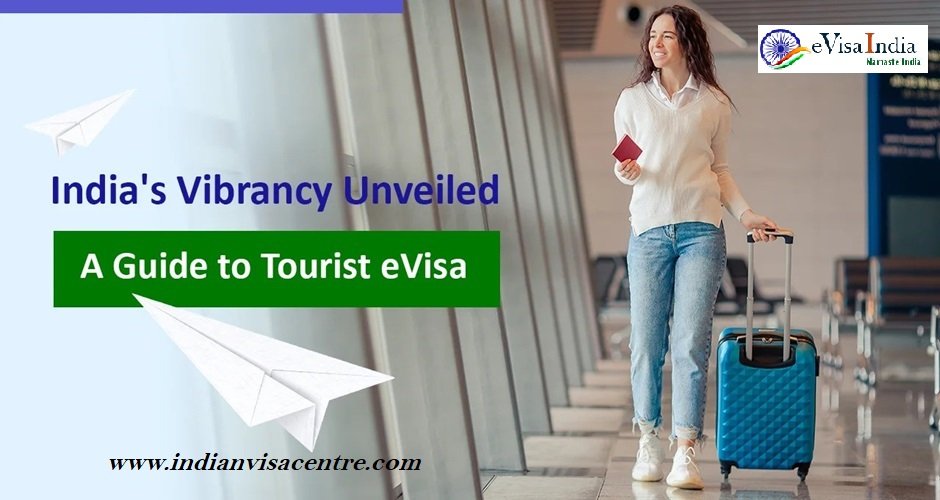Types of Indian eVisas: Simplifying Your Travel Experience

Introduction
India has streamlined its visa application process by introducing various eVisa categories, making it easier for travelers to visit for tourism, business, medical treatment, or short-term purposes. This guide explores the different types of TYPES OF INDIAN EVISA, their specific purposes, eligibility criteria, application process, and key considerations for travelers.
1. Tourist eVisa (eTV)
Purpose: Designed for tourism, sightseeing, visiting friends or relatives, attending yoga retreats, or other recreational activities. Validity: Generally issued for 30 days or 1 year, with double or multiple entries allowed depending on the nationality. Application: Apply online through the Indian Visa Online Portal, providing essential documents like passport copy, photograph, travel itinerary, and proof of financial means.
2. Business eVisa (eBV)
Purpose: For attending meetings, conferences, exploring business opportunities, or establishing industrial/business ventures. Validity: Typically valid for 1 year or more, with multiple entries allowed. Application: Requires sponsorship by an Indian company or organization, submission of business documents, and online application through the Indian Visa Online Portal.
3. Medical eVisa (eMV)
Purpose: Intended for seeking medical treatment in established and recognized hospitals/treatment centers in India. Validity: Valid for up to 60 days with triple entries allowed. Application: Medical documents, recommendation from the attending doctor, and details of treatment are necessary.
4. Medical Attendant eVisa (eMAV)
Purpose: For accompanying a patient traveling to India for medical treatment. Validity: Issued for the same duration as the patient’s medical eVisa with the same number of entries. Application: Supporting documents related to the patient’s medical condition and relationship proof are required.
5. Conference eVisa (eConference)
Purpose: For attending conferences, seminars, workshops, or training programs in India. Validity: Valid for the duration of the conference or seminar, with a maximum stay of 30 days. Application: Invitation from the organizer, event details, and proof of participation are necessary.
6. Medical Attendant eVisa for Urgent Medical Treatment (eTVU)
Purpose: For accompanying a patient requiring urgent medical treatment in India. Validity: Valid for a short duration aligned with the patient’s medical visa validity. Application: Supporting documents indicating the urgency of medical treatment and relationship proof are required.
7. Business eVisa for Meetings (eBM)
Purpose: For attending pre-scheduled business meetings in India. Validity: Issued for a short duration of 30 days, single entry. Application: Invitation from an Indian company specifying details of the business meetings is necessary.
8. Tourist eVisa for Short Term Yoga Program (eYoga)
Purpose: For participating in short-term yoga programs in India. Validity: Valid for 30 days, double entry. Application: Invitation or admission letter from the recognized yoga institution in India is required.
9. Tourist eVisa for Recreational Activities (eTourist)
Purpose: For engaging in recreational activities like short-term courses, volunteer programs, or cultural exchanges. Validity: Issued for 30 days, double or multiple entries allowed depending on the nationality. Application: Invitation or admission letter from the host organization in India is necessary.
Conclusion
INDIAN VISA REJECTED offer convenient options for travelers seeking to visit India for various purposes, from tourism and business to medical treatment and conferences. By understanding the different types of eVisas available and their specific requirements, travelers can choose the most suitable visa category and plan their journey to India efficiently.




